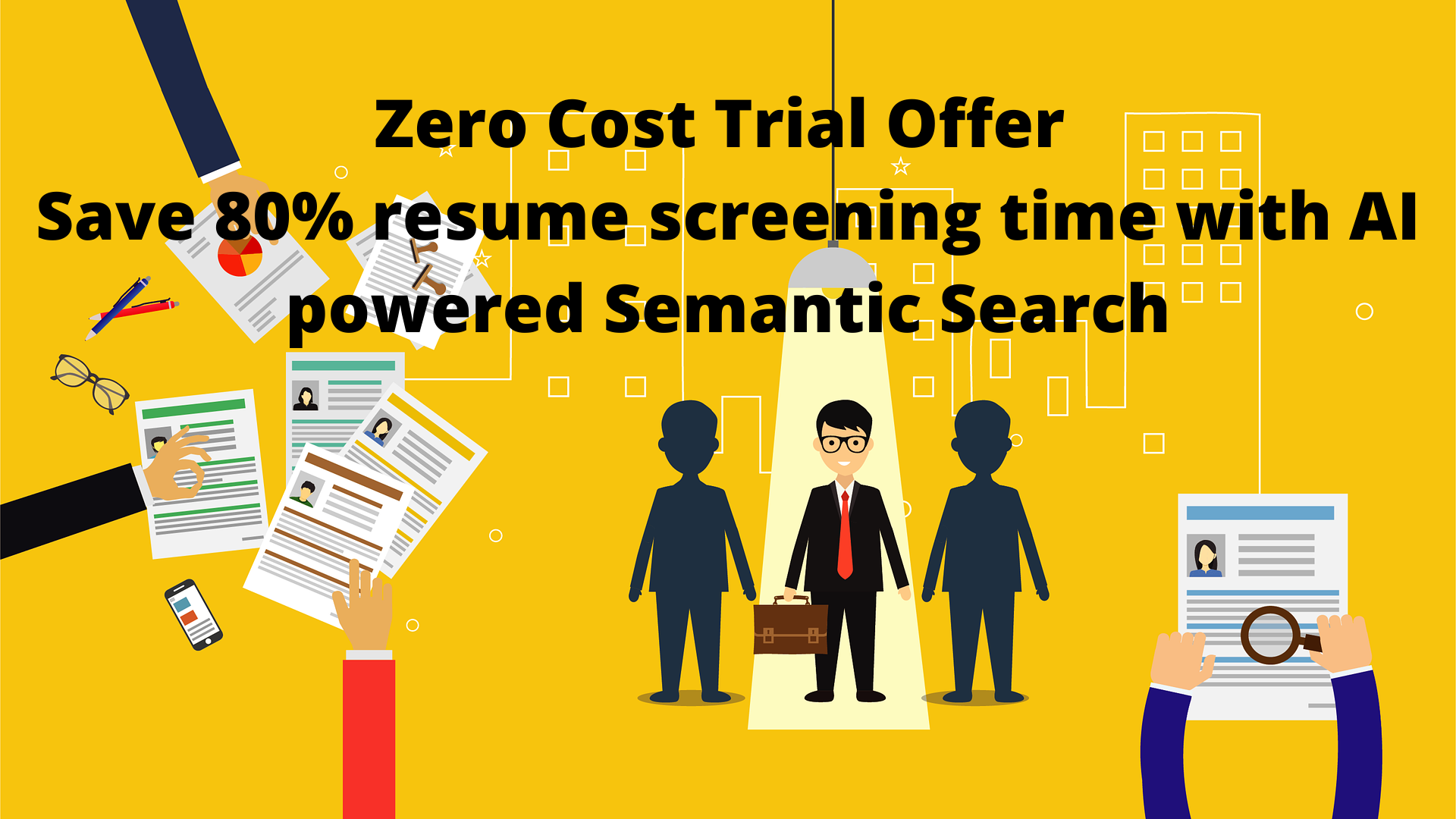
The challenges recruiters face while screening resumes
According to a recent survey of talent acquisition leaders, the most important recruiting KPI is quality of hire followed by time to fill. Both quality of hire and time to fill are influenced by your resume screening process. The biggest challenge of screening resumes by far is volume.
The number of resumes received is one of the biggest factors that increases time to fill. An average job opening receives 250 resumes and up to 88% of them are considered unqualified. This means a recruiter can spend up to 23 hours screening resumes for a single hire. With more pressure to attract and maintain high-performing talent, HR organizations have shifted their focus to using analytics to proactively drive a better employee experience and culture. It has been observed that the largest cost recorded in the financial reports is often the cost of the workforce. Because of this, compensation analytics has become a strong focus for executives that need to keep costs in line with revenue to maintain a healthy, profitable company.
The benefits of Analytics in HR:
Enhancing the hiring process: Hiring right talent continues to be a vital area for organisations across the globe. The data driven analytical strategy can help you review the earlier approaches and decisions, refine them and ensure hiring is more aligned to specific requirements. This makes the process super fast and time efficient, focusing only on the areas that matters.
Talent Retention: Employee retention or as it is said high employee turnover is another crucial area of focus in HR. With a powerful analytics approach it becomes easy to understand why employees moves away, which enables you to construct better retention strategies, employee engagement policies and likewise.
Analytics in compensation can assess you in defining the pay equity. It can also assess you in determining the sales effectiveness, as determining the ROI from sales force investment is crucial for almost all of the companies across globe.
Compensation analytics can help you in Tracking your Business Goals. You get a data driven understanding of your total rewards program, whether it is achieving its intended goals or not. By analyzing trends in salaries, you will know if you are following your stated goals for compensation at your organization, and if those goals are aligned with your business goals.